The practice participates in the national “Sign up to Safety” campaign. We believe it demonstrates our commitment to strengthening patient safety. The five areas are:
- putting safety first – reducing avoidable harm in the NHS and make public locally developed goals and plans
- continual learning – making our organisation resiliant to risks, acting on patient and staff feedback by measuring and monitoring the safety of services
- being honest – being transparent with people about our progress with patient safety issues and supporting staff to be candid with patients and families if something goes wrong
- collaborating – taking a lead role in supporting local collaborative learning so that improvements are made across all local sevices used by patients
- being supportive – help people understand why things go wrong and how to put them right, giving time and support to improve and progress
Our “Sign-up to Safety” aims and objectives are :
1. Putting safety first. Commit to reduce avoidable harm in the NHS by half and make public our locally developed goals and plans
We will:
- maintain meticulous contemporaneous clinical notes
- record all significant events including dispensing, discussions and outcomes
- record all complaints, discussions and outcomes
- regularly review such events in clinical multi-disciplinary team meetings
- look to identify reasons/causes and remedies wherever possible
- review current protocols and amend accordingly to ensure problems are not repeated
- undertake regular audits to identify potential for improvement
- look to identify areas where harm may be caused to others, for example MRSA
- ensure physical and mental health needs are at the forefront of our endeavours, and in particular for the vulnerable and the elderly
- develop and maintain patient care plans where appropriate
- invite patient opinion and suggestions – discuss and consider
- feed back through our website, quarterly newsletters or in person
2. Continually learning. Make our organisation more resilient to risks, by acting on the feedback from patients and staff and by constantly measuring and monitoring how safe our services are
We will:
- ensure all staff undertake mandatory training appropriate to their roles
- include resuscitation, health and safety and information governance
- maintain regular review and actions for all safety alerts
- maintain safety improvement plans (SIP) using risk analysis
- maintain regular inspections of equipment and efficacy
- maintain effective infection control protocols
- explore available resources with reference to The Health Foundation
- review current patient participation routes
- develop new approaches to patient involvement
- feed back through our website, quarterly newsletters or in person
3. Being honest. Be transparent with people about our progress to tackle patient safety issues and support staff to be candid with patients and their families if something goes wrong
We will:
- support and encourage staff with the “duty of candour” and the revised “rules for consent” principles
- have an open-door policy for any adverse events affecting patients
- invite patient opinion and suggestions
- discuss and consider these in MDT meetings
- feed back through our website, quarterly newsletters or in person
4. Collaborating. Take a lead role in supporting local collaborative learning, so that improvements are made across all of the local services that patients use
We will:
- continued to participate in local initiatives such as EEFO for young people
- continue to participate in peer group meetings, both clinical and non-clinical
- develop and continue our role training GPs through South-West Peninsula Postgraduate Medical Education
- develop the practice for training physician assistants in association with the University of Birmingham
- continue to host outpatient services to enhance collaborative learning between primary and secondary care
- strengthen and develop local relationships with voluntary organisations
5. Being supportive. Help our people understand why things go wrong and how to put them right. Give them the time and support to improve and celebrate progress
We will:
- encourage better communication both in-house and within patient participation
- share learning from significant incident and complaint reports
- review annually to share best practice and learning for patient safety

